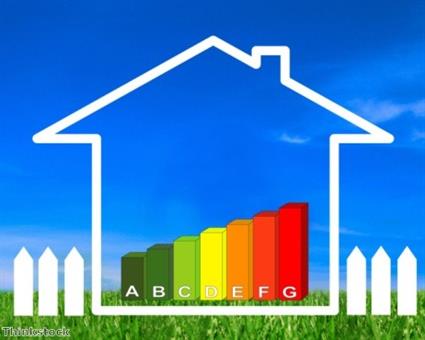A new report by the Property and Energy Professionals Association (PEPA) has revealed that up to a third of council commercial property buildings in England and Wales do not follow energy-efficiency guidelines set by the EU.
The PEPA report suggests that many of these buildings do not have compulsory Display Energy Certificates (DEC), which is part of the Energy Performance of Buildings Directive (EPBD) that local authorities have had to follow in the past six years. The EPBD states that if a public building is larger than 500 sq m in size, then it has to have a DEC that depicts clearly how much energy the site consumes. The scheme was rolled out with the government giving £3.4 million in 2008, and then £1.9 million each year since, in order to make sure that councils are following such guidelines.
However, only 58 per cent of local authorities admitted to having a DEC during the PEPA survey, whilst 30 per cent said they were not following the rules. The remaining 12 per cent chose not to answer.
Stephen O'Hara, chairman of the PEPA, said: "What has become clear is that there is a total lack of understanding among non-compliant authorities of the potential for DECs to save both energy and money.
"It is unbelievable that the Department for Communities and Local Government sits on its hands in these times of austerity, and watches local authorities fritter away money on high energy costs."
This news comes after recent research by consultancy firm WSP, which suggested that nearly 20 per cent of real estate in the UK could be abandoned by 2018 because of their low energy-efficiency levels. Currently, the Energy Act demands that commercial property must have a rating higher than 'E' so that it can be let.

